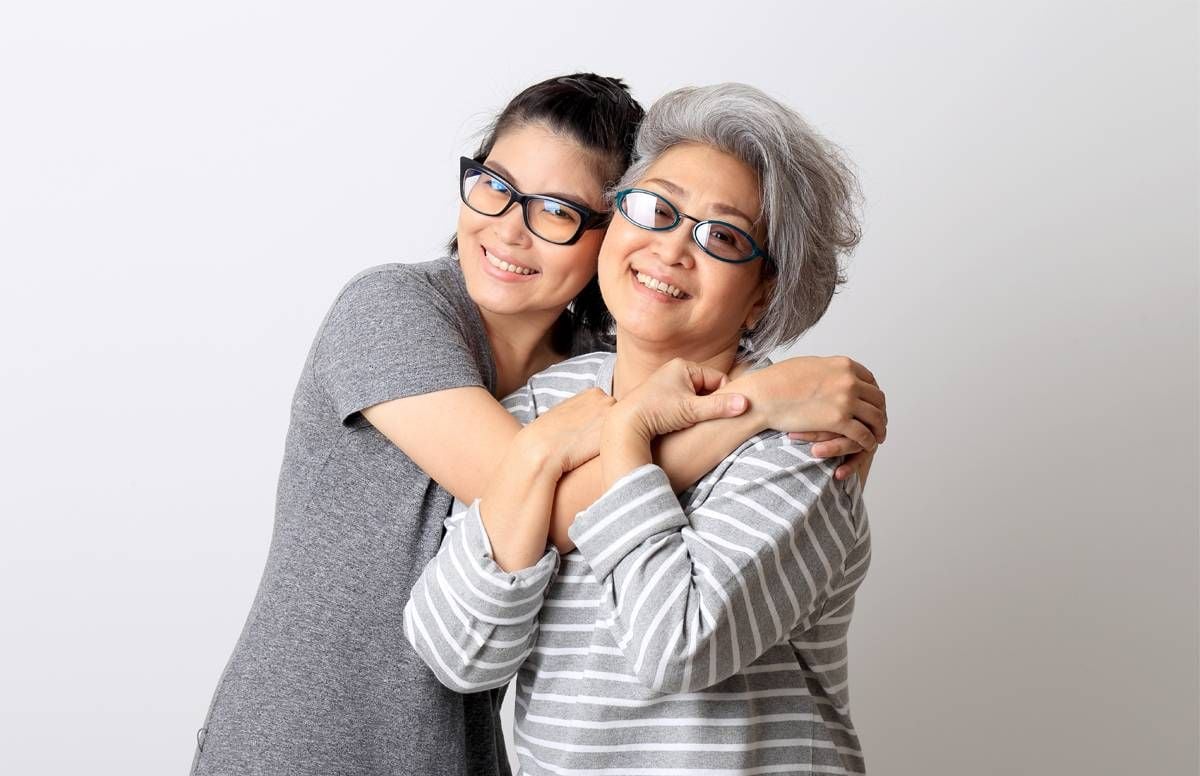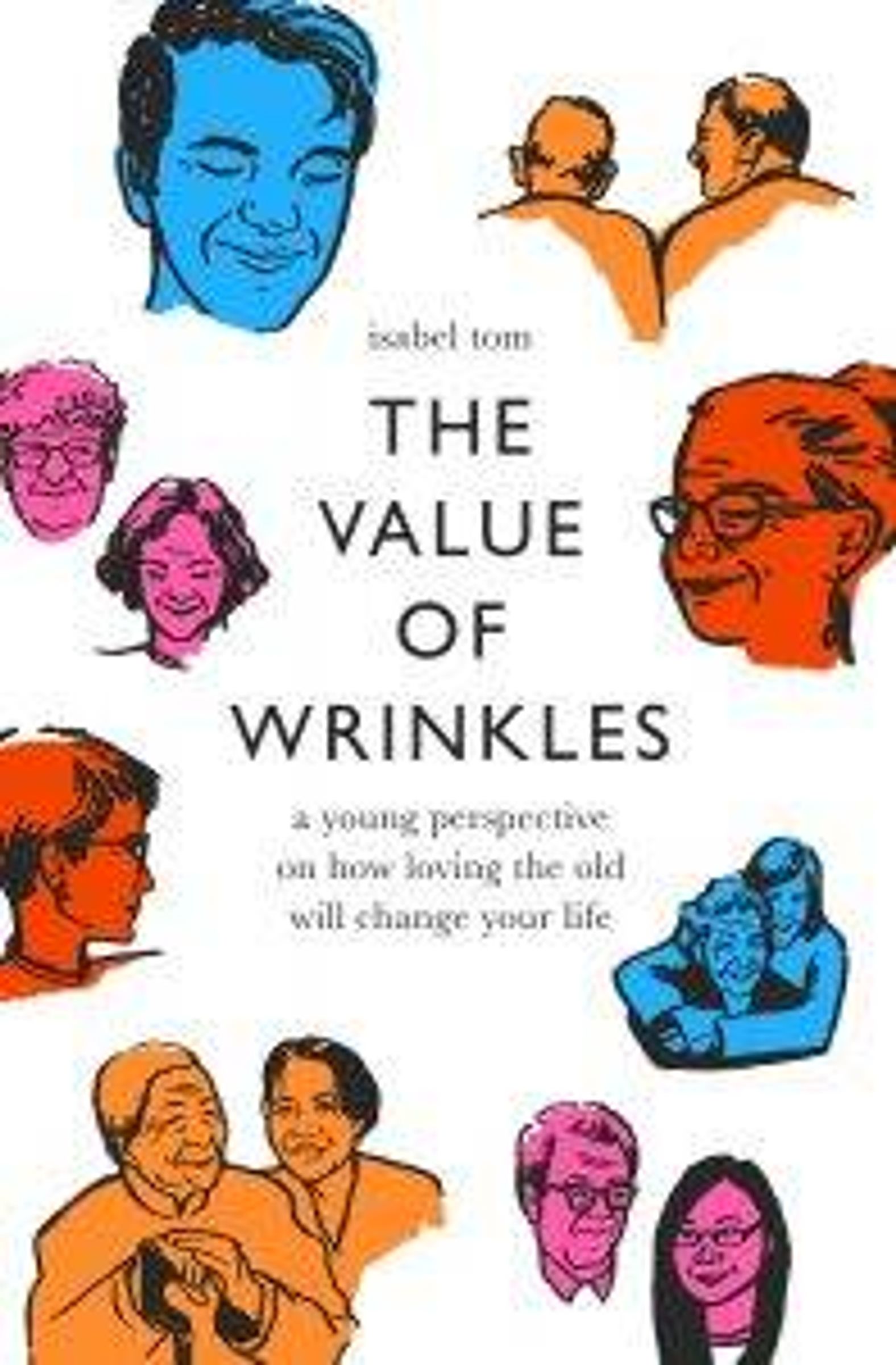How to Build Trust With Older Loved Ones
In this book excerpt, the author writes of nurturing relationships for the future
(Editor's Note: This is an excerpt from The Value of Wrinkles: A Young Perspective on How Loving the Old Will Change Your Life by Isabel Tom, which focuses on her personal and professional experiences with older adults and why she believes younger and older generations can create better relationships through acceptance and understanding. Reprinted with permission from Moody Publishers. )

The best way to take advantage of an older adult’s healthy years is to start building trust in the relationship now, and to make it a priority. Why? Because caregiving in hiking terms is classified as a “difficult” hike. It requires a great deal of energy, effort and perseverance. In every step of your hike, trust is like quality hiking boots and trekking poles. It makes all the difference, especially when you hit steep inclines like tragedy or disease. Trust makes all the difference when difficult decisions need to be made.

Trust, however, also takes time. And this is where we often fall short. We get in the routine of managing an elder’s physical care and forget to nurture that relationship. We forget how important trust is in the caregiving journey.
But that’s why it is so important to build trust before health declines. Because when health diminishes and difficult conversations and decisions arise, our grandparents and aging parents will be far less anxious and resistant if they can trust us. If they can’t, it may feel impossible to help an elder when hospital visits or health issues become reality.
Building Trust May Take Creativity
During those times, your older relative may question your motives and offer more resistance. Breaching discussions about future living arrangements or care may be a challenge.
Do yourself a favor and find ways to build trust in your relationship with your elder now, when they’re feeling their best. When an elder trusts us, they know we’re on their team. When an elder trusts us, it comforts them knowing they have someone to depend on. When an elder trusts us, they know we have their best interest in mind. They can feel stronger and more secure going into old age. We can find compromise and work through tough conversations with far less resistance.
When an elder trusts us, they know we have their best interest in mind.
If you don’t have a good relationship with a parent or grandparent, however, building trust may seem far from attractive. Maybe your parent grates on your nerves and their acts may seem unforgivable, but I encourage you not to give up. Some family situations are almost impossible to reconcile. But even so, put effort into building a stronger relationship with a parent or grandparent, however poor your relationship is.
In the end, you’ll have a clearer conscience knowing you tried; you’ll have more peace, especially when your older relative dies. For you, building trust may take more creativity, energy and time. It may come in the form of short phone calls, cards or regular financial assistance. It may mean you love intentionally from a distance.
The key is that you still love. And if you can’t muster up love for your parent’s sake, then honor your parent or grandparent for the sake of your children (or future children or grandchildren). Because one day, you will be the old person who needs care. And if you want your kids to take good care of you, then someone has to show them how it’s done. Loving for the sake of setting an example is a worthwhile endeavor.
Find Out What Your Loved Ones Want
Whenever I hear of siblings in conflict over their elderly parent’s care or hear deep regret from adult children questioning whether they made the best decision for their parent, I can’t help but think how much drama and heartache could have been prevented if the older adult had communicated their wishes early on.

Let’s say we were eating lunch together and while I was in the restroom, the server asks you to order for me. How would you feel? You’d probably feel uncomfortable making the decision for me. I mean, what if I never told you I disdain mushrooms? I’m guessing you’d feel nervous if I wasn’t happy with my meal. You’d probably feel fine, however, if before I went to the restroom, I told you exactly what I wanted.
Making food choices for someone else is already difficult. Making decisions regarding someone’s care is 10 times more of a struggle. Even though they love their parents, adult children naturally feel guilt, fear and anxiety making decisions when their parents are no longer able to. They don’t know enough information regarding what their parent’s preferences are. Goodness, they never talked about it.
And we can’t assume we know what someone else wants.
I remember a fellow health professional sharing how she assumed both her parents would want to die at home. She expected this because in her culture, dying at home was the norm. When she finally talked with her parents, however, she was shocked. Her mom, to this daughter’s surprise, actually wanted to die in the hospital; her dad then had very specific requests of where and how he wanted to be buried. Until that discussion, she had no idea!
Straight up, if you want to be confident in how you care for your elder, find out what they want. Talk about it.

